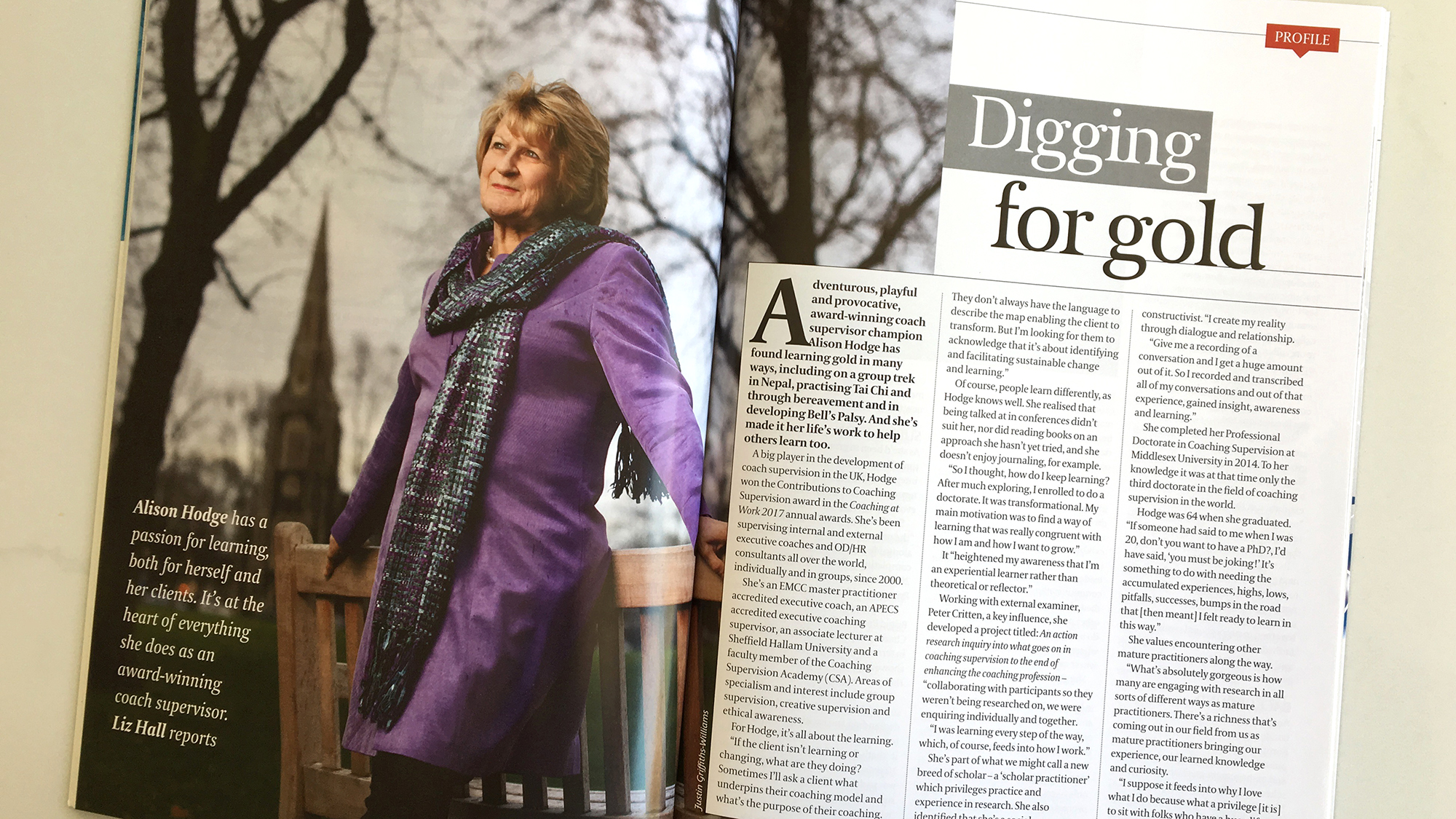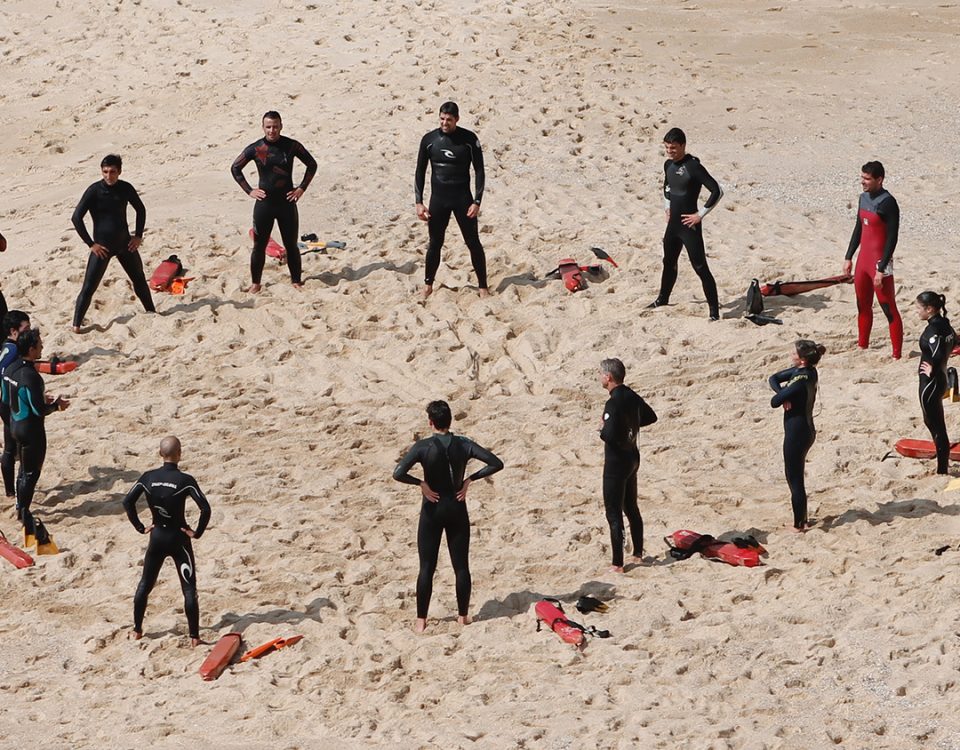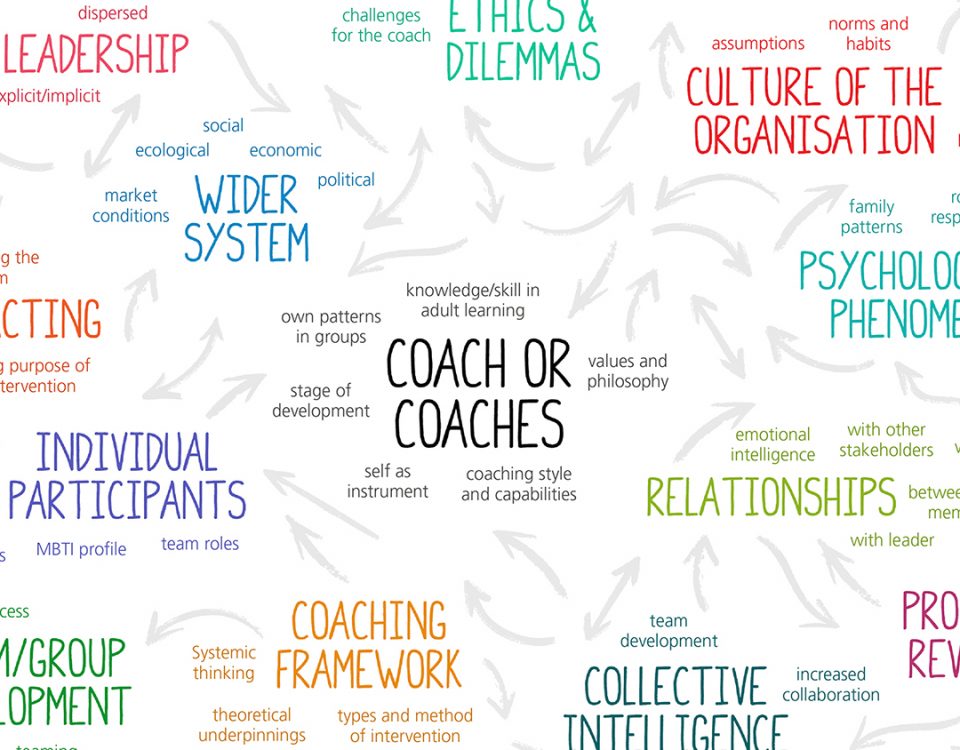
The value of an academic approach (video)
28th January 2019
Digging for gold: My profile in Coaching at Work
19th March 2019Attending to boredom

I was recently drawn to a piece written by Steven Chapman on his blog Can Scorpions Smoke? It’s about boredom and procrastination, both words which can have such pejorative connotations. As I asked myself, ‘When do you get bored, Alison?’ my thoughts took me to a myriad of associations.
When I was 17, in my last year at school, I entered a public speaking contest, although I didn’t have a clue what to speak about. So I asked my mother, who said, ‘What about speaking on ennui or boredom?’ I’m sure she couldn’t possibly have had me in mind when she suggested this subject(!) but what stayed with me in my research on the subject was that somewhere I came across the observation that ‘boredom is the seventh deadly sin’.
I’m not sure about the accuracy of that, but the quote stayed with me. Even to this day, when I’ve said to myself, ‘I’m bored’, I realise that I need to change what I’m doing, or how I am doing it, or even who I am with.
What I really appreciate in Steve’s blog is how he has identified that boredom and procrastination can often be a symptom not of stupidity or laziness, but of lack of inspiration or motivation. As I write, I recall social events or workshops where I have muttered to myself or my neighbour that I’m bored. On reflection, I realise that there is nothing in what is happening that is attracting my attention, lighting up my imagination, or enlivening my sense of self.
I take two things away from this. Firstly, to be more observant about when I declare that I am bored, and ask myself: How do I know I am bored? What is the feeling of boredom in my mind or my body? And then perhaps shift my physiology or posture, or make a conscious change to my internal dialogue, and see what happens.
Alternatively, if possible, I might take action to shift my attention to things which are more stimulating or creative for me. At a superficial level, this might mean abandoning a novel I’m struggling with, and not feeling guilty that I haven’t made it to the final page. I’ve even dared to leave a theatre at half time when I’m struggling to stay with the performance.
Secondly, this takes me to be mindful of when I have the attention of others, and noticing when I might myself be boring. I’m sure that it’s not always possible to keep the interest and inspiration of people I am working with, or presenting to, but I would hope to engage with them in ways that reach out to where they truly are and be willing to adapt my path or approach to meet them.
Photo by Feliphe Schiarolli on Unsplash




